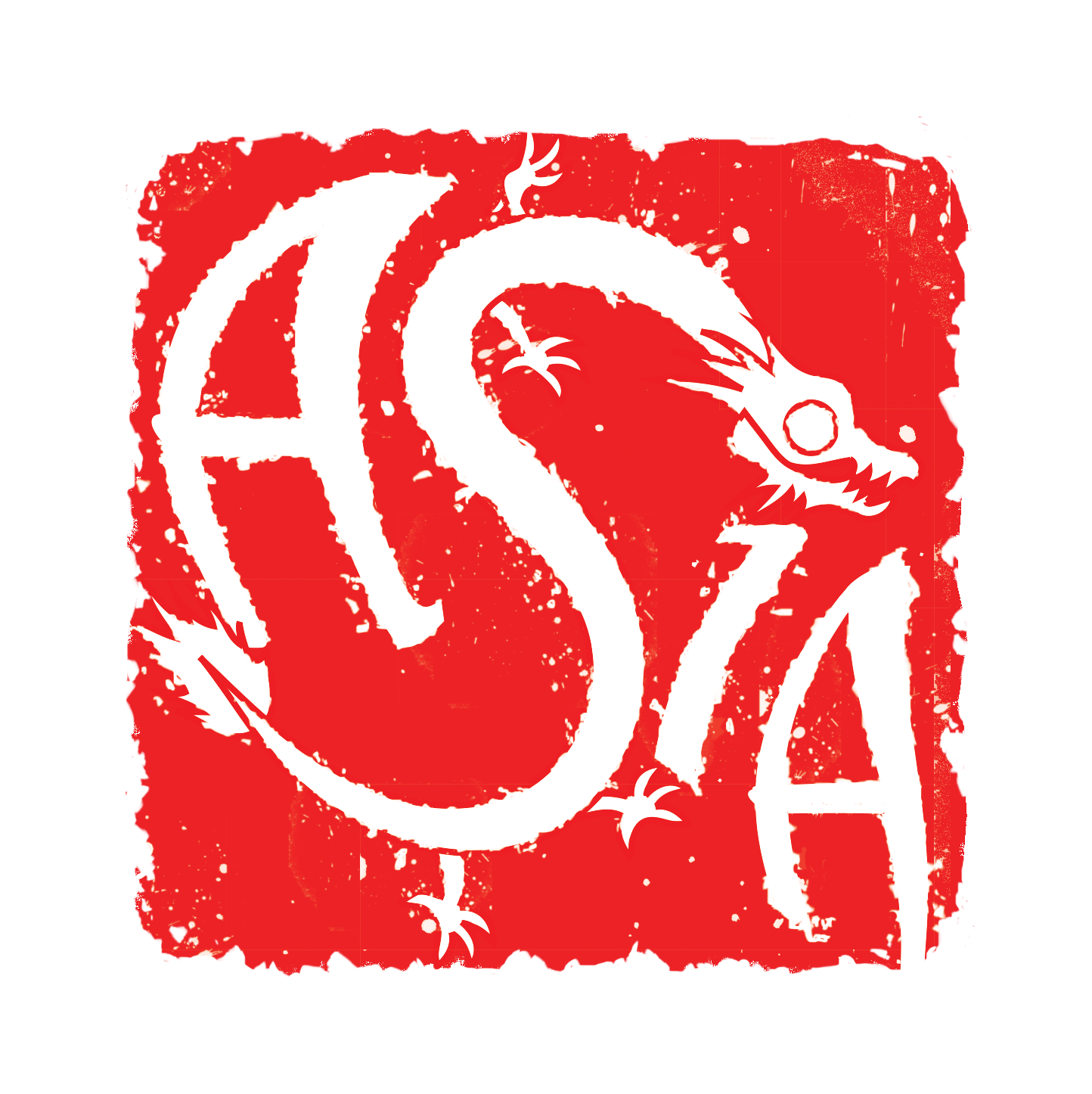Identity

Identity is such a fluid, relational, and contextual construction that pinning it down is extremely problematic, if not impossible. The majority of our storytellers were born in Asia or of Asian heritage, weathered through numerous stormy challenges, before eventually reestablished themselves in Northfield. They have lived in many different parts of the world and assumed many different social and cultural roles. A lot of them have difficulties describing their own personal identity when we spoke. How they perceive themselves, and how others see them, is indeed a very complicated matter.
Caroline Ticarro-Parker – “I believe I still lack state identity, country identity… Knowing that I was one of four, three being my brothers, or maybe… two or three other people that were… of any color, not just Vietnamese, was always… a big deal.”
Caroline Ticarro-Parker Transcription
Ameeta Sony – “…I grew up in an Indian family living in Thailand. I can actually just accept myself as who I am and…I don’t have to have one foot here and one foot there, because now I have a third country, I only have two feet. So I can’t do anything there.”
Ameeta Sony Transcription
Jane Murakami – “I think that that at the time, you know I guess all my life I really have not identified myself as being Japanese.”
